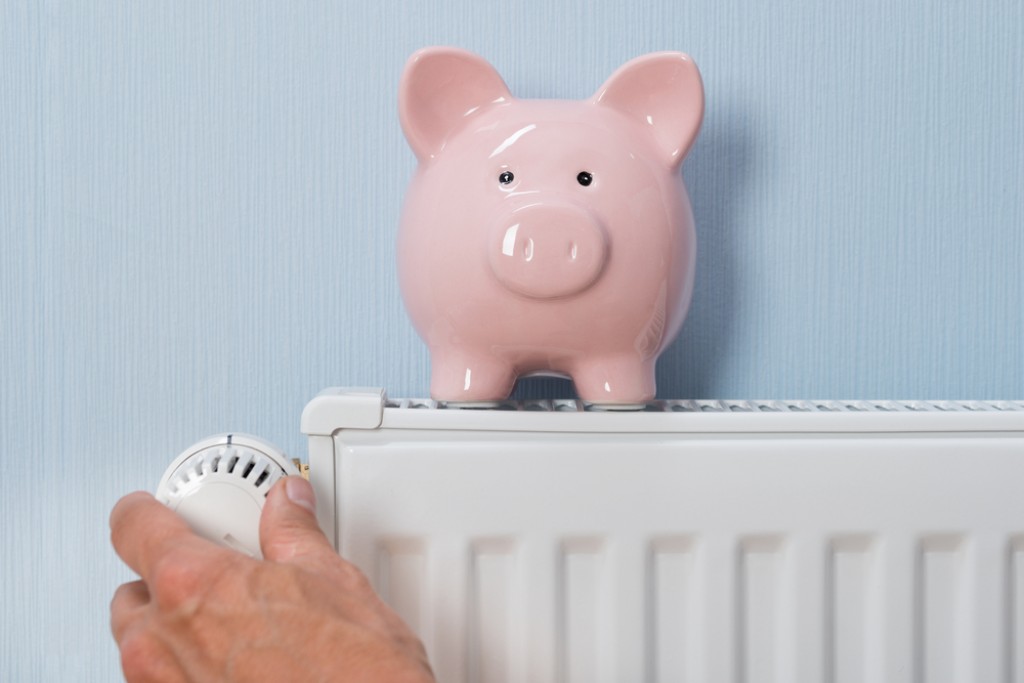A YourMoney.com reader asks why their energy supplier has written to inform them their direct debit will rise, when we're heading into warmer months and the energy price cap is forecast to fall.
Dear YourMoney.com,
Octopus Energy has emailed me with a recommendation that my monthly direct debit is increased from £120 to £145 to “get my balance on track” based on how much energy I’m expected to use (I’m on a standard variable tariff).
It said that, without an adjustment, it expects I’ll owe around £30 by this time next year.
However, I thought that the energy price cap is expected to come down from April by around £300. Shouldn’t my direct debit be coming down instead? Bella, from London.
Energy price cap and energy use
Currently, the energy price cap for Q1 2024 (January to March) is set at £1,928 per year for a typical gas and electricity customer paying by direct debit.
However, the latest and final forecast for the energy price cap, which takes effect from 1 April to 30 June 2024, is predicted to fall to £1,635 per year for the typical dual fuel customer, according to energy analyst Cornwall Insight.
We’ll know for sure tomorrow (Friday 23 February) when energy regulator Ofgem confirms the cap. Whatever the figure published, this isn’t the maximum you’ll pay, as the cap sets a limit on how much suppliers can charge per unit of energy and the daily standing charge.
For electricity, it’s:
- 28.62 pence per kWh
- 53.35 pence daily standing charge
For gas, it’s:
- 7.42 pence per kWh
- 29.6 pence daily standing charge
Ofgem confirms the amount you’ll pay will depend on actual household usage and where you live, as well as meter and payment type. The figures above are based on the England, Scotland and Wales average for people who pay by direct debit and are on a standard variable tariff (default tariff).
Natalie Mathie, energy expert at Uswitch.com, said: “Your energy direct debits are based on a supplier’s estimate for how much gas and electricity you will use in the year.
“This annual usage is then spread into equal payments throughout the year, even though your usage may be higher over the winter and lower in the summer.
“If you have used more, or less, energy than predicted, suppliers may adjust your direct debit to ensure your balance is neutral at the end of your account year.
“If your payments are being increased, this usually suggests that your account is in debt because you have used more energy than predicted.
“It may be harder to challenge an upward adjustment to your direct debit if you are in debt to your supplier, as this increase is to help you pay for the additional energy you’ve used.
“However, if you are in credit with your supplier, you may wish to challenge a direct debit increase. If you believe you have too much credit in your account, you could even request some back.”
Related: Millions of cash-strapped households build up £7bn in energy credit: How to reclaim





